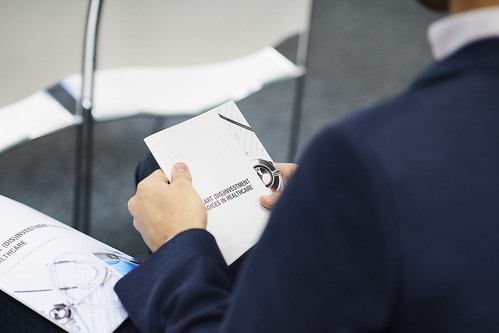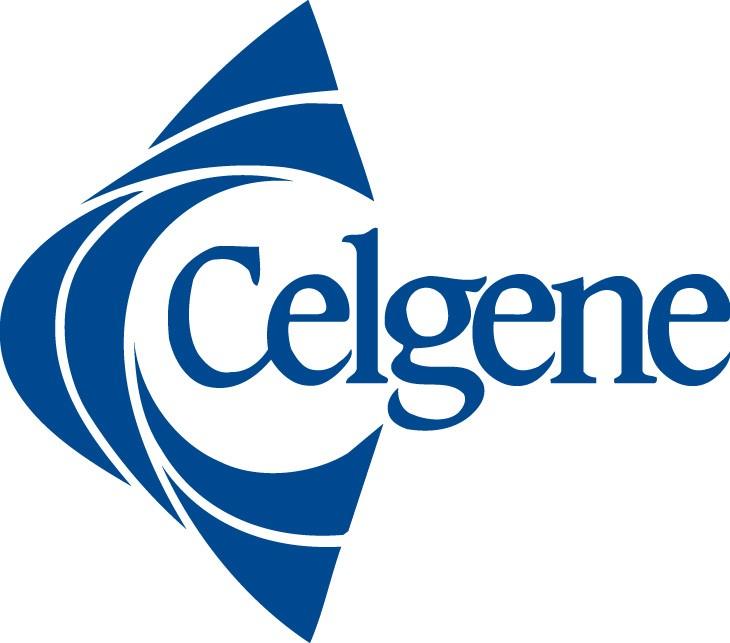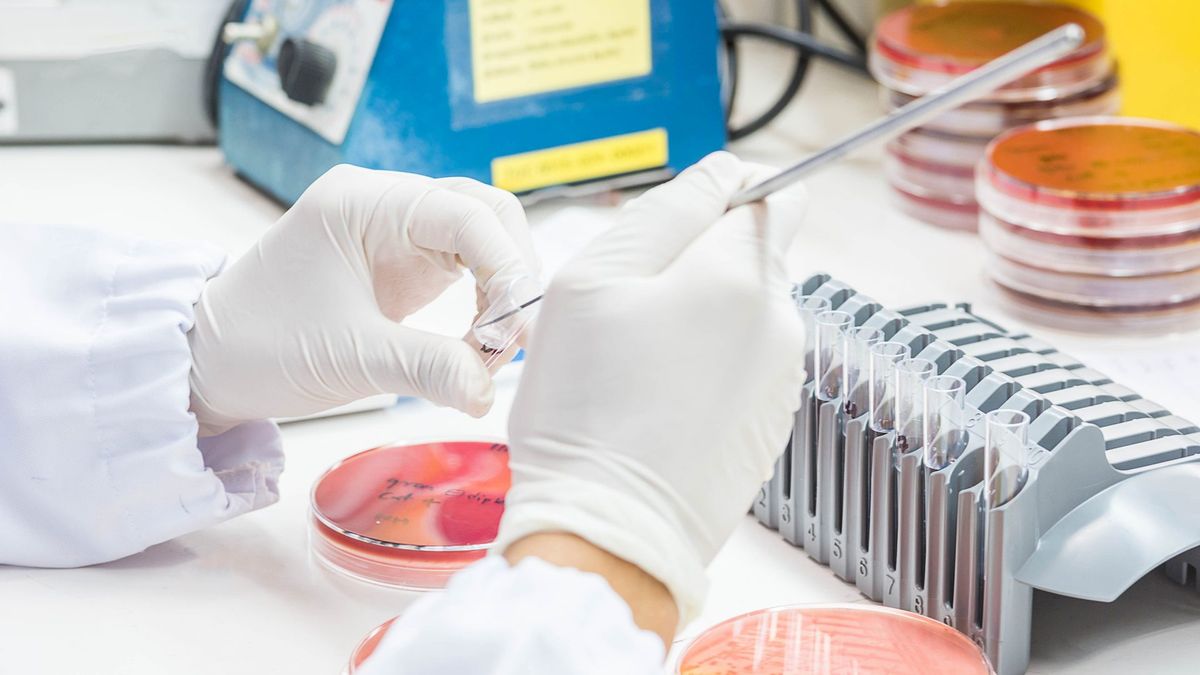
Summary
A greying Europe needs to take advantage of new technology and to empower patients in order to make healthcare more effective and less costly, panellists told a Friends of Europe Policy Insight on 7 November 2018.
They were speaking at the launch of a report, Smart (Dis)Investment Choices In Healthcare, that resulted from a series of working groups and other contributions ahead of next year’s European elections. It focusses in particular on smarter investment for better health and disinvestment from health interventions that are ineffective, inefficient and outdated. The report came up with recommendations for innovation that is citizen-centred, data-fuelled and outcome-focussed.
“We are at a tipping point. The scale of cheaper technology is huge,” said Loubna Bouarfa, Chief Executive Officer and Founder of OKRA Technologies, an artificial intelligence data analytics company for healthcare. “We only see an increase in health services consumption and at the same time in computer storage. We need to use that storage to allow for this huge consumption.” She called on the European Commission to develop means to make it easier for entrepreneurs to scale up solutions based on data. “In America you can scale, but in Europe we are regulated. That is great for citizens but a barrier for innovation.”
Europe has a good record in innovation, but not in the large-scale, commercial application of those advances. “Are we looking at one common goal: if I have an innovation, how can European patients enjoy it faster?” asked Andrea Rappagliosi, Vice President, Market Access and Public Affairs & Communication EMEA, Canada and LATAM at Edwards Lifesciences. “We obviously need security, safety and norms. The issue is how we can move from a risk-adverse culture to a really pro-innovation culture where new technology is adopted faster.” He added that healthcare facilities built in the 50s are not fit for purpose for implementing the latest technology-based treatments.
The report put forward five recommendations for the future of healthcare in Europe: empowerment of citizens, through health literacy efforts; an outcome-based approach to health; a health-data zone to better understand healthcare needs; making innovation the norm in health to maximise the opportunity of digitalisation; and redesigning health so that it has a model fit for purpose in the 21st century.
“At the centre is empowering citizens,” said Dharmendra Kanani, Director of insights at Friends of Europe, who presented the report’s outcomes. “People can buy pharmaceuticals on Amazon and diagnose themselves via the Internet. To make this work in this century, we are going to have to make sure that patients are empowered to do the right things and are involved centrally in solutions-making and problem-solving. Patients have to cease being seen as passive recipients and instead become a dominant feature and seen as an asset in how we solve problems and create systems.”
Though it is up to national governments to organise and provide healthcare, the European Commission complements national policies by helping governments achieve shared objectives, generating economies of scale and helping EU countries tackle shared challenges such as pandemics, chronic diseases and the impact of increased life expectancy.
“People realise that a strong transformation of our healthcare systems is needed, and they are ready for that,” said Sylvain Giraud, Head of Unit for Performance of National Health Systems in the European Commission Directorate-General for Health and Food Safety. “It is clearly sometimes about spending more. But in many cases, it is about spending better. Reducing waste is one of the most important elements in the transformations and reforms in all the EU member states. It is not only about the sustainability of public finances but also about effectiveness, accessibility and resilience.”
About
In 2018, Friends of Europe launched a working group series on health (dis)investment, gathering various key stakeholders from the healthcare sector and beyond, to discuss how a systematic approach to spending in health can earmark both funds for innovation and release resources for practices that don’t deliver better health results.
This debate will launch the report of the health (dis)investment series, presenting the outcomes of these discussions which brings together the views of a large network of health professionals, policymakers, scholars and business representatives on health investments. Key recommendations will be presented and discussed amongst participants, ahead of the new European Commission and Parliament to be elected in 2019.
Related content:
- Smart (dis)investment choices in healthcare
- Event page of first working group: Smart Investment For Better Outcomes
- Event page of second working group: How To Spend It? Smart disinvestment choices in health
Schedule
Healthcare systems across the OECD countries are being challenged by ageing populations, increasing costs and limited funds. On top of that, not all money invested in health is well spent and not all interventions are fit for purpose. Addressing this issue would release much needed resources and improve health outcomes. Progress has been made at EU level in finetuning approaches to evaluating new technologies (HTA) and overall health system performance (HSPA). These are building blocks in a smart investment strategy. But few countries have developed strategies to actively disinvest in redundant, outdated or ineffective treatments. Research is missing on how to identify which health interventions are of minor or no health benefit.
- What role does the EU play in ensuring that all stakeholders in healthcare can be rewarded for better health outcomes?
- What could be the key elements in a possible common EU approach to health disinvestment?
- What can the EU do to generate the evidence needed for smart investment decision-making for health at national, regional or local level?
- Big data and AI are expected to revolutionise healthcare, but there are concerns around ethics and privacy of patient data. Beyond the GDPR, what can the EU do to support the revolution?
Speakers
Loubna Bouarfa
Chairwoman of the Innovation Board at Envision Pharma Group and 2022 European Young Leader (EYL40)
Wolfgang Burtscher
Deputy Director-General, DG RTD, European Commission
Sylvain Giraud
Head of Unit for Performance of National Health Systems, European Commission Directorate-General for Health and Food Safety
Andrea Rappagliosi
Senior Vice-President of Public Affairs for EMEA, Canada and LATAM at Edwards Lifesciences
Khalil Rouhana
European Commission Deputy Director-General for Communications Networks, Content and Technology
Moderated
Dharmendra Kanani
Chief Operating Officer and Chief Spokesperson of Friends of Europe
Speakers
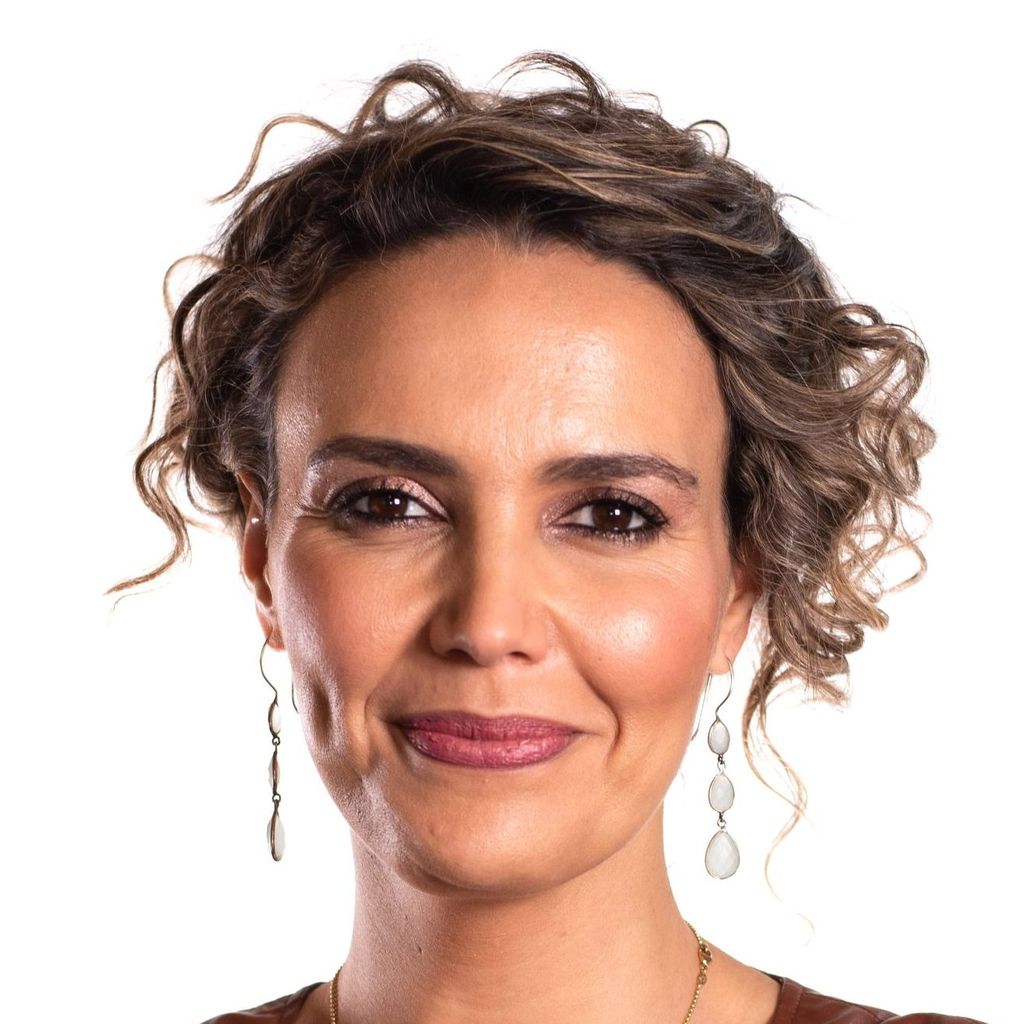
Chairwoman of the Innovation Board at Envision Pharma Group and 2022 European Young Leader (EYL40)
A Dutch machine learning scientist turned entrepreneur, Loubna Bouarfa currently holds the position of Chairwoman of the Innovation Board at Envision Pharma Group (ESG). In this role, she focuses on emphasising the broader mission of embedding and excelling AI across EPG. Bouarfa is also the Founder and former CEO of OKRA Technologies, a leading artificial intelligence analytics company in the life sciences sector. With OKRA.ai transitioning to a horizontal function within EPG, her expertise will now focus on shaping EPG’s AI strategy and championing EPG’s position as a thought leader in this space. Bouarfa was awarded the CEO of the Year Award at the Cambridge Independent Science and Technology Awards. As a former member of the European Union High-Level Expert Group on Artificial Intelligence, she supported the implementation of the Union’s strategy on AI within the digital single market.
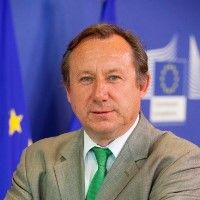
Deputy Director-General, DG RTD, European Commission
With more than 18 years’ experience in the European Commission, Wolfgang Burtscher was appointed Deputy Director-General in October 2009, focusing on “Open Innovation and Open Science, Open to the World”. Prior to joining the Directorate General (DG) for Research and Innovation, he acted as a Director in DG Agriculture. Throughout his career, Burtscher was representative of the Länder at the Austrian Permanent Representation to the EU and director of European Affairs in the Vorarlberg administration. Previously he was a legal advisor at the European Free Trade Association (EFTA) at the time of negotiations on the European Economic Area (EEA).
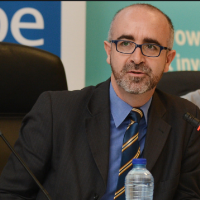
Head of Unit for Performance of National Health Systems, European Commission Directorate-General for Health and Food Safety
With over 15 years’ experience at the European Commission, Sylvain Giraud is one of the Directorate-General for Health and Food Safety’s top experts on the performance of national health systems across Europe. He is notably in charge of developing country-specific and cross-country knowledge of health systems and supporting cooperation across the EU. Prior to his current position, Giraud worked on international health issues and policy coordination in the same Directorate-General and on institutional cooperation in the European Commission’s Secretariat-General. Giraud started his career by working for European trade associations and consultancies in Brussels.
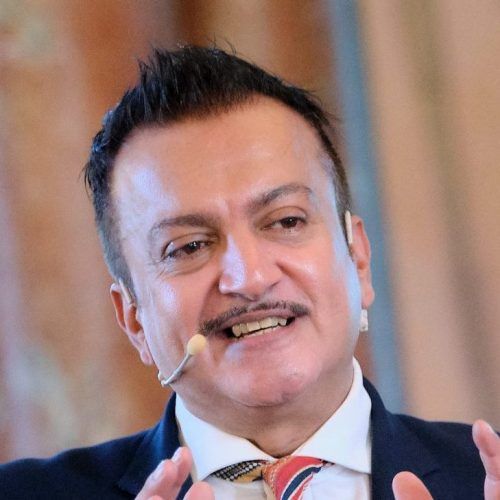
Chief Operating Officer and Chief Spokesperson of Friends of Europe
Prior to joining Friends of Europe, Dharmendra Kanani was director of policy at the European Foundation Centre (EFC). He was the England director at the Big Lottery Fund, the largest independent funder in the UK and fourth largest in the world. Dharmendra has held senior positions in the public and voluntary sectors and advisor to numerous ministerial policy initiatives across the UK.
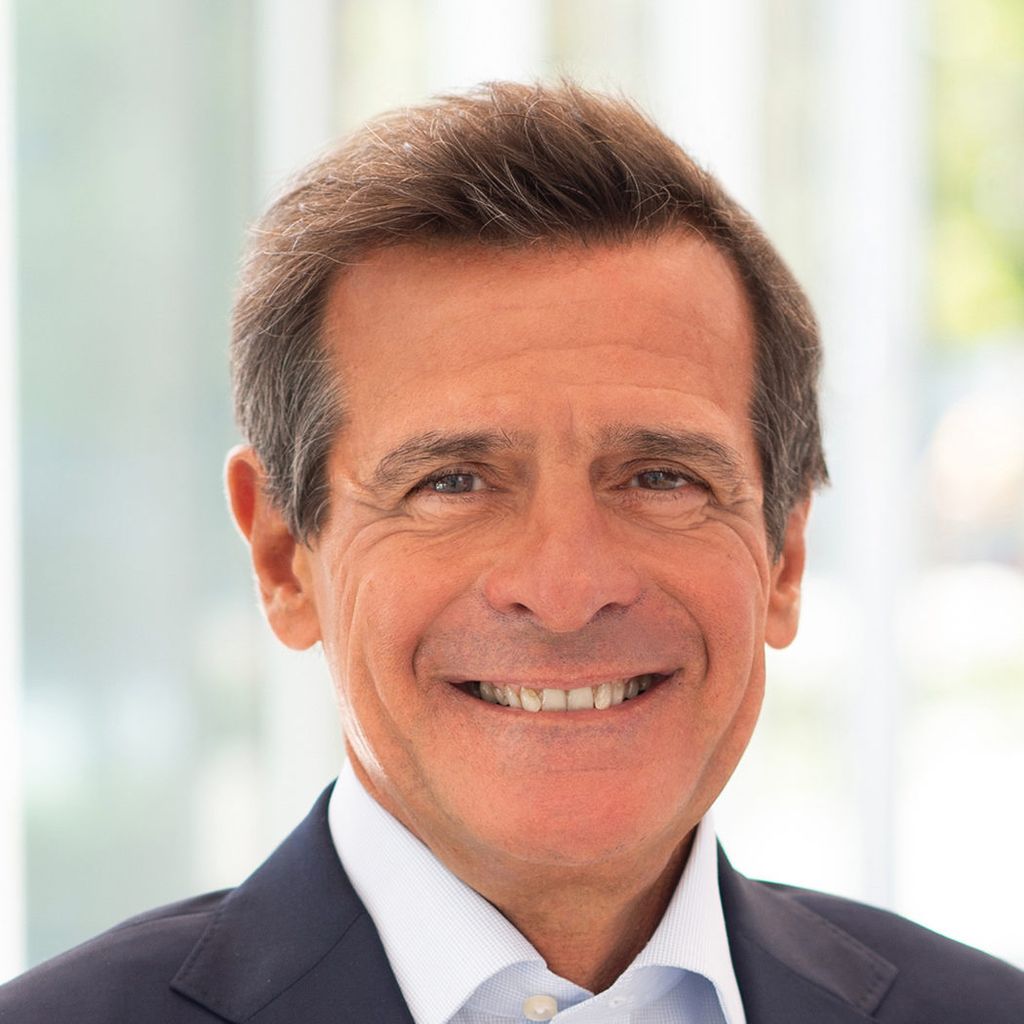
Senior Vice-President of Public Affairs for EMEA, Canada and LATAM at Edwards Lifesciences
A member of the regional executive leadership team at Edwards Lifesciences, Andrea Rappagliosi leads the company’s government affairs, market access, communication and patients advocacy engagement. He previously worked at Sanofi as the vice-president of European public affairs, prior to which he held positions in the public affairs and market access policy area at Baxter Healthcare, Serono International and GSK. A founding member of the Global Policy Forum at HTAi, the scientific and professional society for those who produce or use health technology assessment (HTA), Rappagliosi currently chairs the MedTech Europe HTA Committee and serves on the Board of the European Patient Safety Foundation (EUPSF).
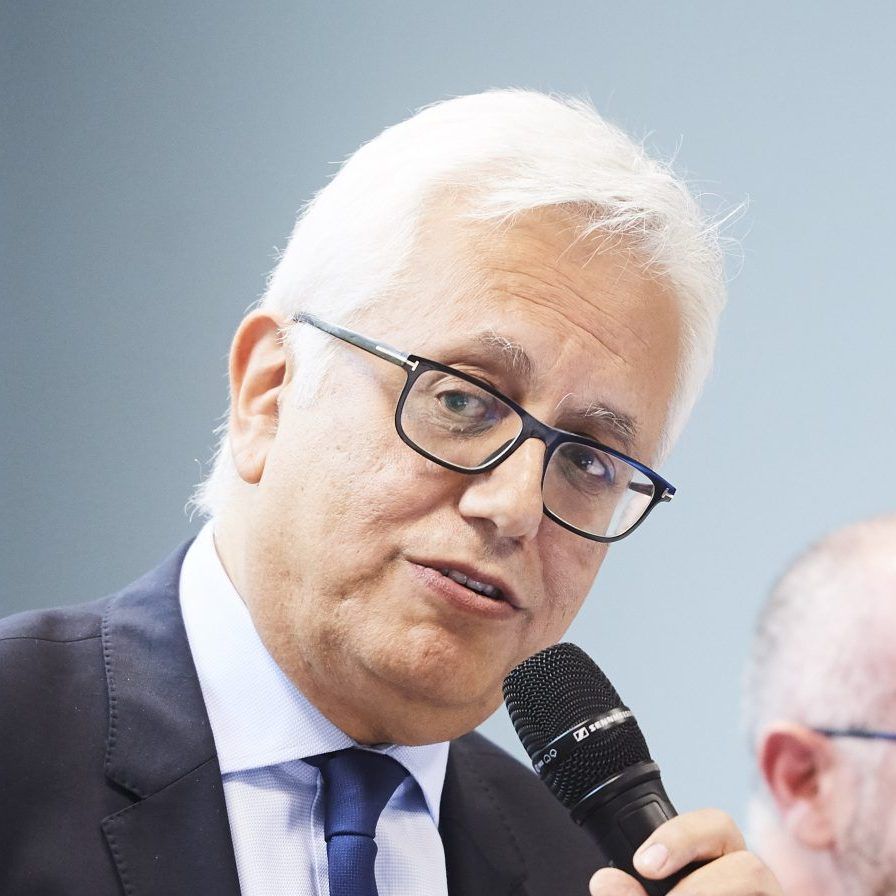
European Commission Deputy Director-General for Communications Networks, Content and Technology
A research engineer by training, Khalil Rouhana has over 25 years of experience within the European Commission. As Deputy Director-General, Rouhana’s responsibilities include policies for the digital economy, notably for research, innovation and industrial strategies, digital solution for societal challenges as well as cybersecurity. Prior to joining the Commission, Rouhana started his career as a research and development engineer for the aeronautics industry and deputy director for the electrical engineering division of the French University in Beirut. Rouhana also served as the director of Esigetel, (Ecole supérieure d’Ingénieurs en Génie Informatique et Télécommunications”), a renowned French school of engineering.
Partners
Coorganized with
Activities
Europe's moment: advancing clinical research and health innovation
Next event In person & online

- Area of Expertise
- Sustainable Livelihoods
Re-imagining Europe's health systems
Past event In person & livestreamed

- Area of Expertise
- Sustainable Livelihoods
Health check for a competitive medical technology sector in Europe
Past event In person

- Area of Expertise
- Sustainable Livelihoods
Healthy ageing for Europe's future: the value of adult immunisation
Past event In person & livestreamed
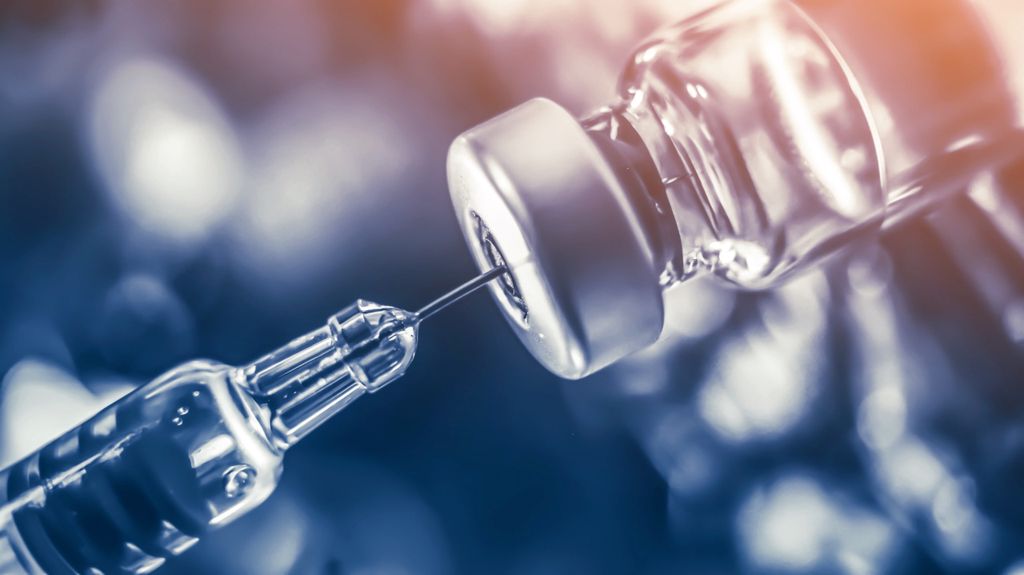
- Area of Expertise
- Sustainable Livelihoods
Policy Voices | Re-imagining Europe’s health systems
- Category
- Podcast
- Area of Expertise
- Sustainable Livelihoods
Financing the green and just transition: towards further partnerships…
- Category
- #CriticalThinking
- Author
- By Sebastián Nieto-Parra
Reclaiming medicines and health innovation for our health
- Category
- #CriticalThinking
- Author
- By Els Torreele
Hidden biases in public health research: why we are failing our most…
- Category
- #CriticalThinking
- Author
- By Marthe De Boevre

- Area of Expertise
- Sustainable Livelihoods
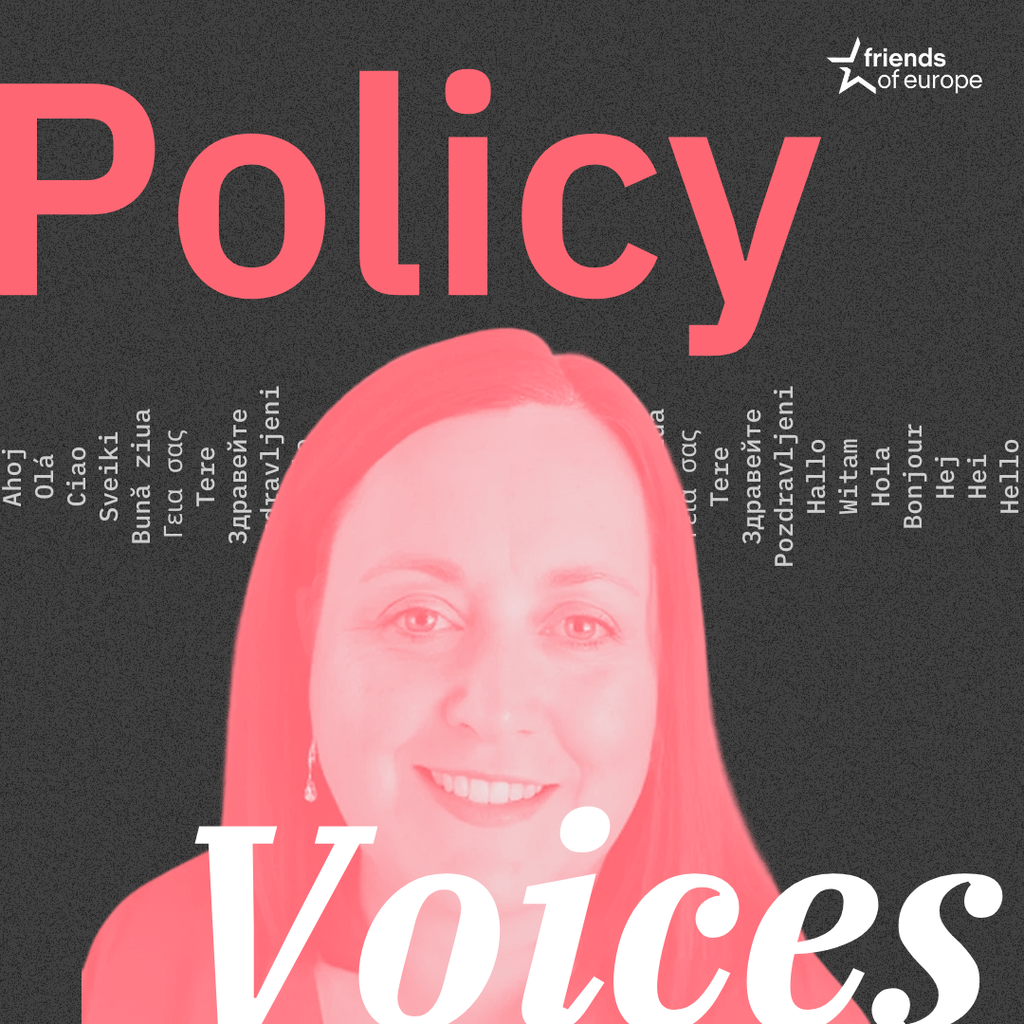
- Area of Expertise
- Sustainable Livelihoods

- Area of Expertise
- Sustainable Livelihoods
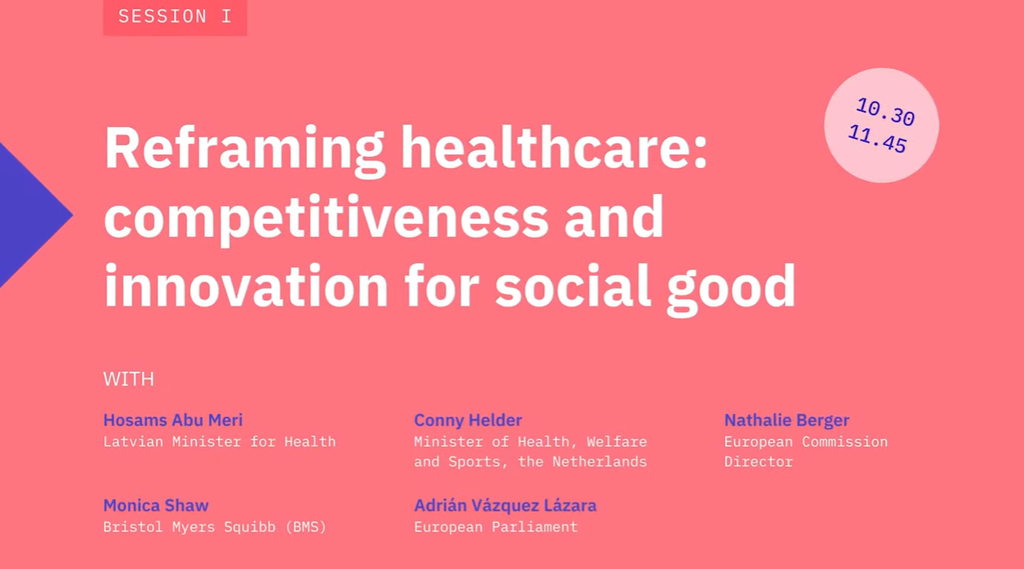
- Area of Expertise
- Sustainable Livelihoods
Continue
the debate on
- Debating Europe
